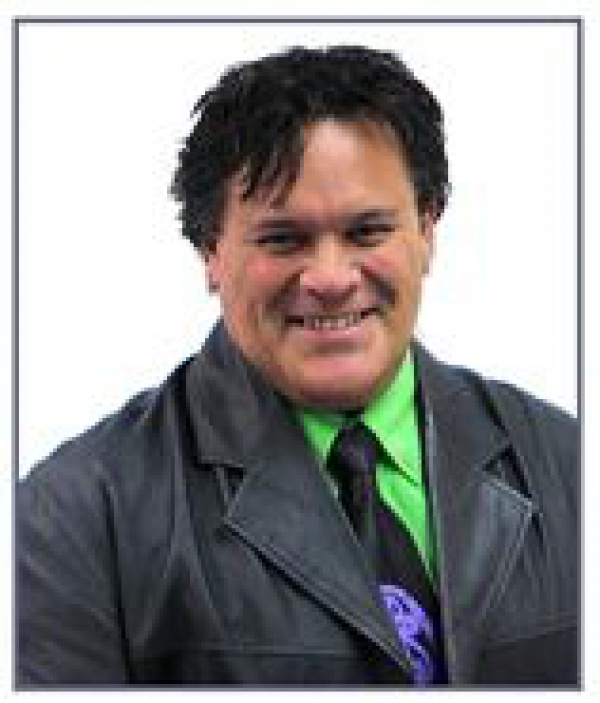Should you be providing presentation or public speaking skills you’ll need to address this critical success factor with your participants in that training. If you do not, it is of no importance what skills you teach them, as it will not improve their ability to speak publicly or train masterfully if left unaddressed.
What I am talking about is Performance Anxiety and its many facets. It shows itself in the speaker by them behaving in a number of ways like being fidgety, appearing uptight, nervous, being forgetful of their words, uneasy or distracted at times and not focused on what they are saying. The worst case scenario is they completely freeze, are unable to say a word and they can end up avoiding presenting and refuse any future opportunities inviting them to speak in a public or professional.
There are a myriad of reasons why performance anxiety happens and the Meta-Stating mindset that supports this negative response to speaking in front of a group. Even experienced trainers are not immune to this. I’ve seen many experienced trainers attend NS Trainers Training and show signs of performance anxiety when they are being benchmarked for the very first time.
The specific mindset I want to focus on is the mindset of trying too hard.
While your intentions are well founded they are overplayed and cause real problems when it comes to you presenting. You want to do well, present your topic, knowledge and skills positively and to be received enthusiastically by the audience. You have prepared well and have an opportunity to shine and present yourself positively. You’ve thoughtfully constructed your presentation and rehearsed it a number of times. Even with all this as a foundation, you fail to show yourself as a competent, eloquent speaker.
Why?
You’re trying to hard!
You’ve unknowingly put too much pressure on yourself. And it shows up in your presentation with you being anxious, nervous and presenting less than you are capable of. It happens to us all in varying ways, including myself and we must master our anxieties before or during a presentation and turn the emotional dial down to the appropriate level where you are anxious enough ( you read that right) to keep you focused and on track but not so high that it cripples you and your presentation takes a dive.
How do you ensure you avoid the pitfalls of trying too hard? Here are a few ideas on how to step up and away from being overly anxious because you are trying too hard.
- Be yourself is a good start. Stop trying to emulate someone else no matter how good your intentions are. Model great speakers – sure, but mould what they do into you and do not lose you in the process. Adapt what others do to fit you. As Orson Wells once said ” …be yourself as everyone else is taken.”
- Simplify what you do rather than make it more complex. Mastery is about simplicity, minimising your presentation down its necessary parts and being succinct. While you may want to show a creative way of presenting your content it can come across as being disjointed and a jilted performance. In my opinion, presenting is not about how complex and imaginatively you can make your presentation but how refined and simplistic it is. It’s easy to get lost in over preparing and becomes a hindrance to your performance. Keep it simple and subtle (KISS formula).
- Wanting to be accepted, embraced, respected or recognized as a trainer by your peers, direct reports, a bench marker or audience is another mistake. Overplaying your focus on others and trying too hard in this area adds to your anxiety. While it’s great that you have an external focus, having it at the cost of your performance is counter-productive. To overcome this need being over played remember the first principle – be yourself. Be authentically you, sincere, empathetic, compassionate and professional. If you are demonstrating these qualities and come across as being truly authentic you will be presenting the best version of you at this present time.
Add to those three main points from above the Meta-State combinations of being relaxed, centred, clarity of mind and calm with laser like focused and you will find that you will have mastered performance anxiety.






